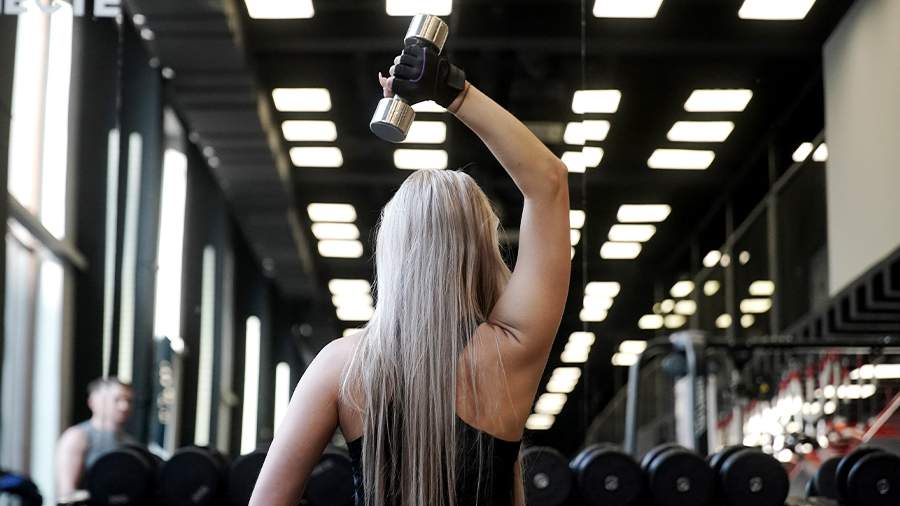The doctor told about the important rules for morning workouts.

There is an opinion that doing physical activity immediately after waking up and on an empty stomach is harmful to the body. Roxana Portnova, a general practitioner and cardiologist at the Sberbank Health medical company, told Izvestia on July 5.
"Morning workout helps to wake up, increase concentration and recharge your energy for the whole day. It also triggers the metabolism, which helps burn calories. In addition, endorphins are produced after exercise, which improves mood. However, in order for physical activity to bring only health benefits, it is necessary to approach the process competently, taking into account a number of key points," she explained.
Normally, after waking up, the body is in a state of mild dehydration, so you should drink a glass of clean drinking water first.
Low-intensity training, such as stretching, can begin about 10-15 minutes after lifting. During this period, the body has time to "wake up" a little, and such activity will gently prepare the muscles and joints for the next day.
Moderate or high intensity workouts, such as strength training or running, are recommended to start no earlier than 30-60 minutes after waking up — the body needs time to move from rest to active activity. Before starting such physical activity, you should do a warm-up to reduce the risk of injury, since after waking up, muscles and joints may be stiff. For this, for example, walking on the spot, stretching or light jumping is suitable.
"Special attention should also be paid to breakfast. It is worth noting that if we are talking about light or moderate intensity classes lasting up to 60 minutes and there is no feeling of hunger, it is acceptable to skip breakfast and eat 30-60 minutes after the end of the workout," the doctor noted.
A meal, she says, should contain both complex carbohydrates, substances that help provide the body with energy to replenish glycogen, and proteins to repair and grow muscles. This can be, for example, an omelet with vegetables and a piece of whole-grain bread, cottage cheese with fruit or chicken breast with quinoa.
For high—intensity workouts or prolonged cardio sessions - from 60 minutes or more — it is recommended to eat an hour before the start of the class. Meals should contain fast-digesting carbohydrates, as they are converted into glucose, which allows you to exercise more efficiently, longer and with more power. They also help to avoid possible dizziness and fatigue by preventing hypoglycemia — lowering blood glucose levels. In addition, breakfast must contain protein, as it helps to prevent catabolism — the destruction of muscles during intense workouts. For example, you can eat oatmeal porridge, toast with cheese and a banana, or cottage cheese with dates and nuts.
"It is important to note that before physical activity, you should avoid eating foods rich in fiber, such as citrus fruits and legumes, as it stimulates intestinal motility and enhances gastric motility. This in turn can lead to bloating and stomach pain. In addition, you should not eat fatty foods before classes, as they require prolonged digestion, which can cause heaviness in the stomach and nausea," the specialist added.
Earlier, on July 3, DDX Fitness network coach Artyom Opalnitsky told Izvestia about dangerous workouts in the summer. For example, long runs under the scorching sun, high-intensity interval training (HIIT), long-distance cycling and team games in the afternoon are particularly dangerous in hot weather.
Переведено сервисом «Яндекс Переводчик»

